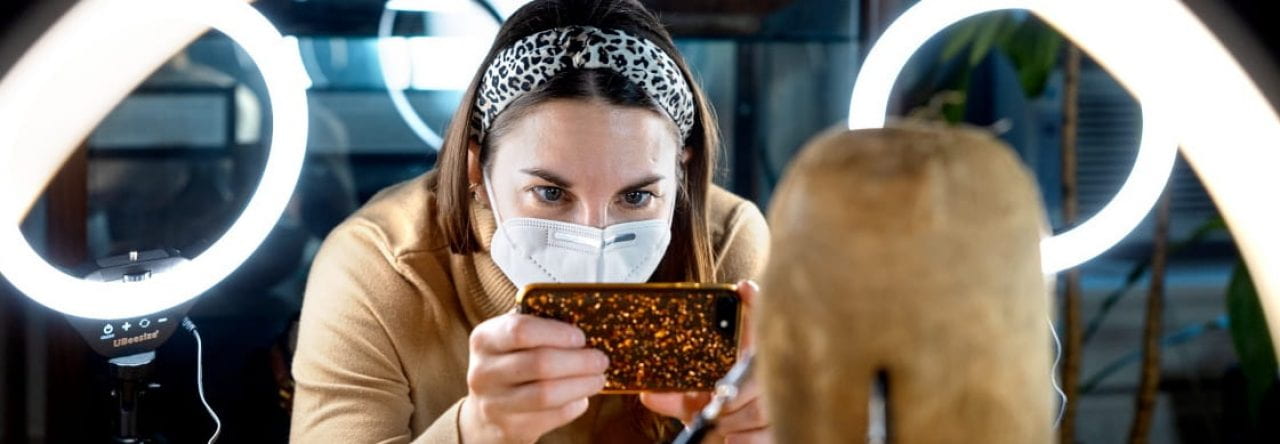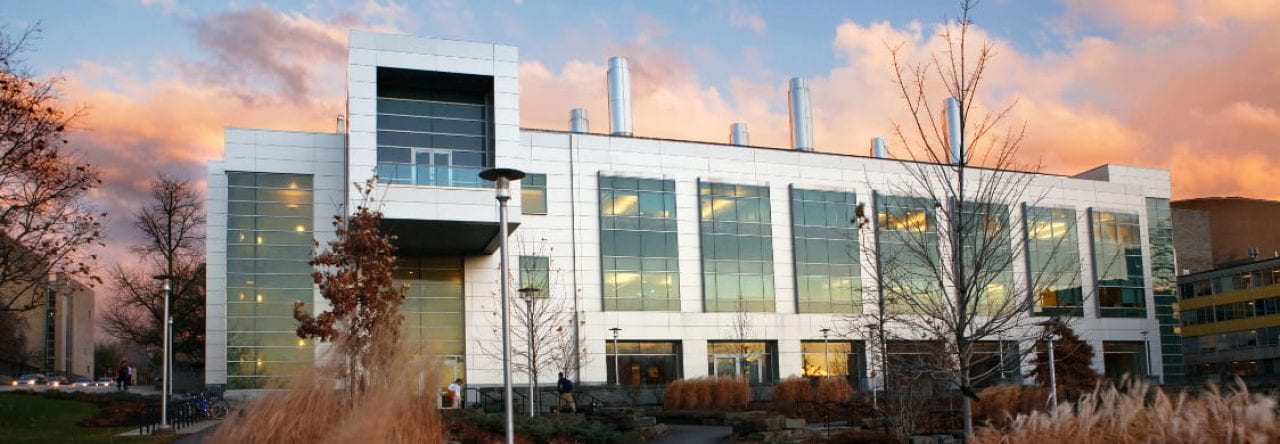Christopher A. Alabi
Associate Professor
Smith School of Chemical and Biomolecular Engineering
Biography
Christopher Alabi began his research career as an undergraduate student under the direction of Professor David Schuster at New York University. Upon receiving his B.S. in Chemistry from New York University and B.E. in Chemical Engineering from Stevens Institute of Technology, he went on to pursue a graduate degree in Chemistry at California Institute of Technology with Professor Mark Davis. There, he carried out a two-part dissertation on proton conductive membranes and targeted nanoparticle delivery. He then moved to MIT in 2009 and served as NIH Postdoctoral Fellow with Professor Langer and Anderson. Chris joined the Cornell faculty in the summer of 2013 as an Assistant Professor in the School of Chemical and Biomolecular Engineering. His research focuses on the assembly of new sequence-defined macromolecules that can be used to create stimuli-responsive materials, develop efficient drug delivery bioconjugates and design potent antimicrobial agents.
Research Interests
Research in the Alabi lab involves the use of synthetic and analytical tools to enhance our understanding and facilitate the engineering of precise functional macromolecular materials and therapeutics. Our research goals involve the discovery and use of sequence-defined macromolecules to create sustainable stimuli-responsive materials, quantitate biological processes, develop efficient drug delivery bioconjugates and discover potent antimicrobial macromolecules. Our work ranges from the molecular scale, where we investigate the precise placement of functional groups along a polymer backbone, to studying their material and biological properties. Our focus is on applications that leverage the advantages of our sequence-controlled macromolecules such as precise sequence and composition control, abiotic backbones and a large scope of chemically diverse monomers.
- Biomedical Engineering
- Bioengineering
- Drug Delivery and Nanomedicine
- Molecular and Cellular Engineering
- Biomolecular Engineering
- Nanoscale Electronics, Photonics and Materials Processing
- Tissue Engineering and Biomaterials
- Polymers and Soft Matter
- Molecular Biotechnology
- Materials Synthesis and Processing
- Advanced Materials
- COVID-19 Related Research
Teaching Interests
Christopher Alabi teaches ChemE 6400 and ENGRI 1120
Selected Publications
- Hoff, E. A., De Hoe, G. X., Mulvaney, C. M., Hillmyer, M. A., & Alabi, C. A. Thiol–Ene Networks from Sequence-Defined Polyurethane Macromers. Journal of the American Chemical Society, 2020, 142, 6729–6736.
- Sorkin, M. R., Walker, J. A., Kabaria, S. R., Torosian, N. P., & Alabi, C. A. Responsive Antibody Conjugates Enable Quantitative Determination of Intracellular Bond Degradation Rate. Cell Chemical Biology, 2019, 26, 1-9
- Phan NN, Li C, Alabi CA. Extensive Intracellular Delivery via Non-Charged Sequence-Defined Cell-Penetrating Oligomers. Bioconjugate Chem., 2018, 29, 8, 2628-2635 (Cover Article, August 18 edition)
- Porel M, Thornlow DN, Artim CM, Alabi CA*. Sequence-Defined Backbone Modifications Regulate Antibacterial Activity of OligoTEAs. ACS Chem. Biol. 2017, 12(3), pp 715-723
- Porel M, Thornlow DN, Ngoc NP, Alabi CA. Sequence-Defined Bioactive Macrocycles via an Acid-Catalyzed Cascade Reaction. Nat. Chem. 2016, vol. 8 (6), 590-596
- Porel M and Alabi CA. Sequence-Defined Polymers via Orthogonal Allyl Acrylamide Building Blocks, J. Am. Chem. Soc. 2014, 136 (38), 13162-13165
Selected Awards and Honors
- PMSE Young Investigator Award, 2018
- Tau Beta Pi Professor of the Year Award, Cornell University, 2017
- Research Excellence Award, Cornell College of Engineering, 2016
- NSF CAREER Award, 2016
- ACS Petroleum Research Fund (PRF) DNI Award, 2015
- PhRMA Foundation Research Starter, 2014
Education
- B.S. (Chemical Engineering), Stevens Institute of Technology, 2004
- B.S. (Chemistry), New York University, 2004
- Ph.D. (Chemistry), California Institute of Technology, 2009
- NIH Postdoctoral Fellow, Massachusetts Institute of Technology, 2013





